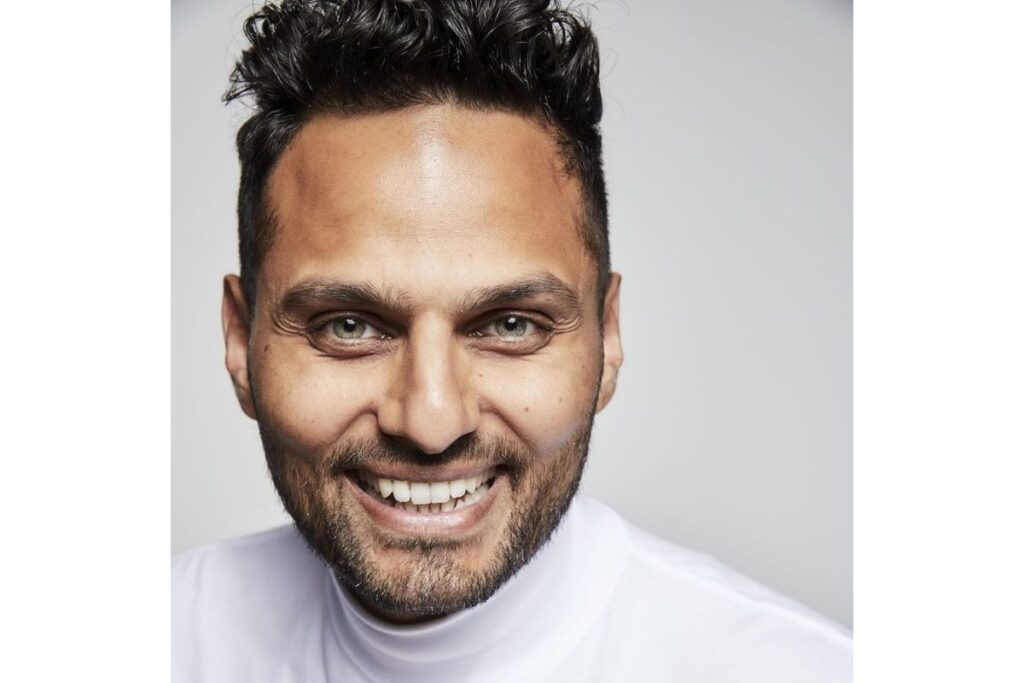Meet Jay Shetty
Over the past few decades, more and more wisdom, techniques and teachings from Eastern and Buddhist philosophies have made their way West. Helping us value mindfulness, non-attachment and meditation among others, it’s safe to say we’ve gained a lot from these different cultures.

One teacher who is determined to ‘make wisdom go viral’ is Jay Shetty, a bestselling author, podcast host, purpose coach and former monk from London. Jay’s path to becoming who he is today may not be what you expect.
Destined for a career in business, Jay thought he knew what his future would hold. When he was 21, his life took a turn. He was persuaded by a friend to listen to a monk give a talk and everything changed. So enthused by the talk and the concepts the monk was teaching, Jay threw himself into a new world. For three years he split himself in two, spending half his summer holidays working in the corporate world and half in India living as a monk.
After these three years, he decided to follow his calling and become a monk full-time. Serving communities, meditating and studying, Jay soaked it all in but ultimately realised he had a different purpose in life and came home.
This is where he started applying the lessons he’d learnt to his life and realised the power these mindset shifts had. Spreading his message through talks and social media, the world started to take notice and Jay now boasts an incredible following.
Describing himself as a purpose coach, Jay shares his knowledge in a variety of ways, from his podcast (On Purpose with Jay Shetty) which features conversations with celebrities like Alicia Keys, Matthew McConaughey and Russell Brand, his online courses, motivational talks and best-selling book Think Like a Monk.
A pillar in his teachings is helping people detach from their ‘monkey-mind’ to live a less anxious, more meaningful life, improve our focus and ultimately achieve our full potential.
The monkey jumps from branch to branch, gets distracted, and is easily entertained – and the monkey mind is the same.
It goes along in default, autopilot, numb mode. The monk mind stops to observe, be present, gain awareness, and is proactive, not reactive. It is constantly trying to find ways to improve, as opposed to finding ways to instantly gratify. We all need a little bit of guidance in our lives,” Jay tells Happiful.
Sharing his top tips for thinking like a monk with Happiful, Jay touches on the importance of auditing your time, reframing negative internal dialogue and being what you need. At the heart of it all is improving self-awareness and leading with compassion, skills all of us could benefit from honing.
To dive deeper and learn more about Jay’s approach, visit his website.
Photography: Steve Erle

Find the right business or life coach for you
All coaches are verified professionals